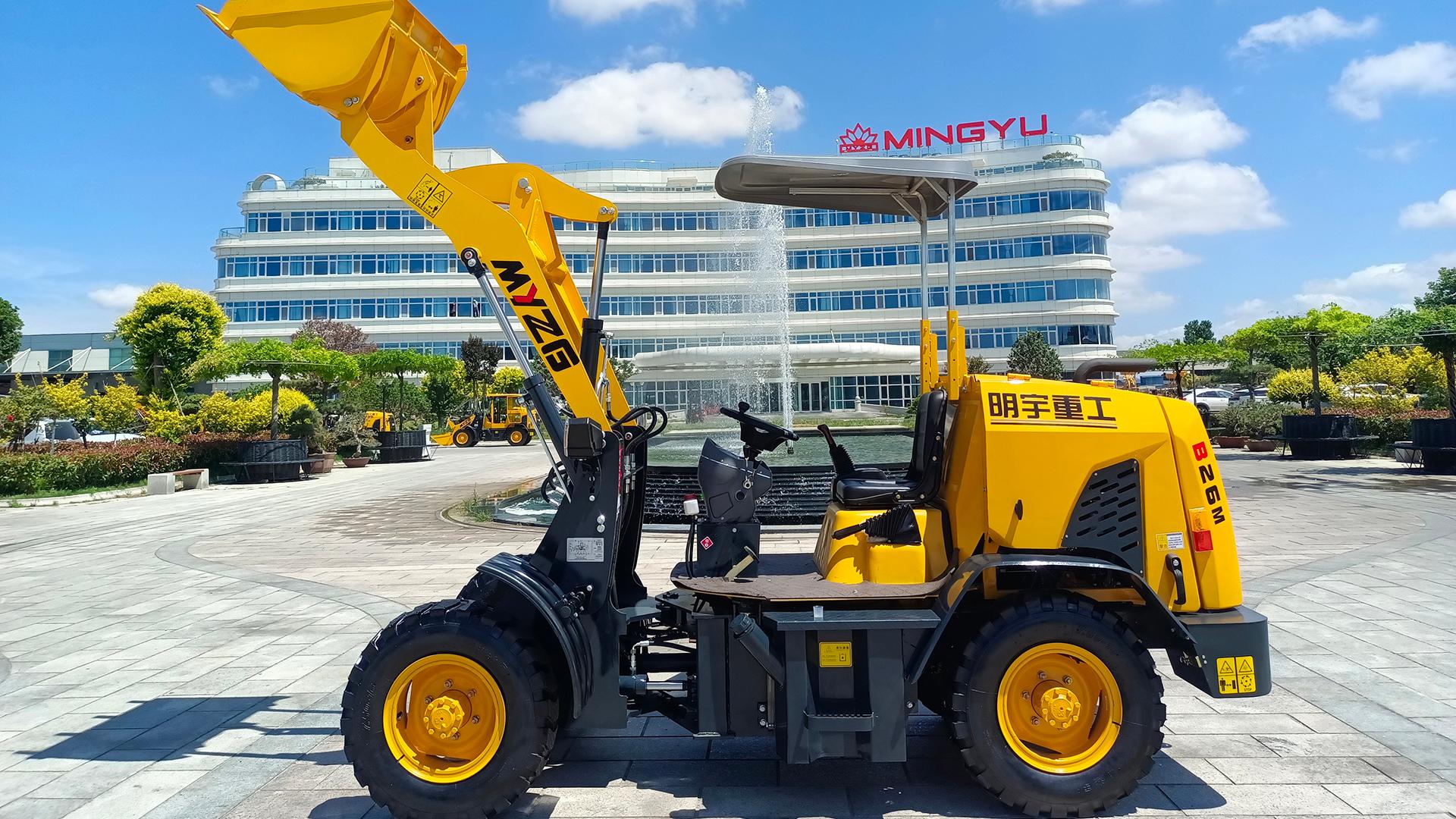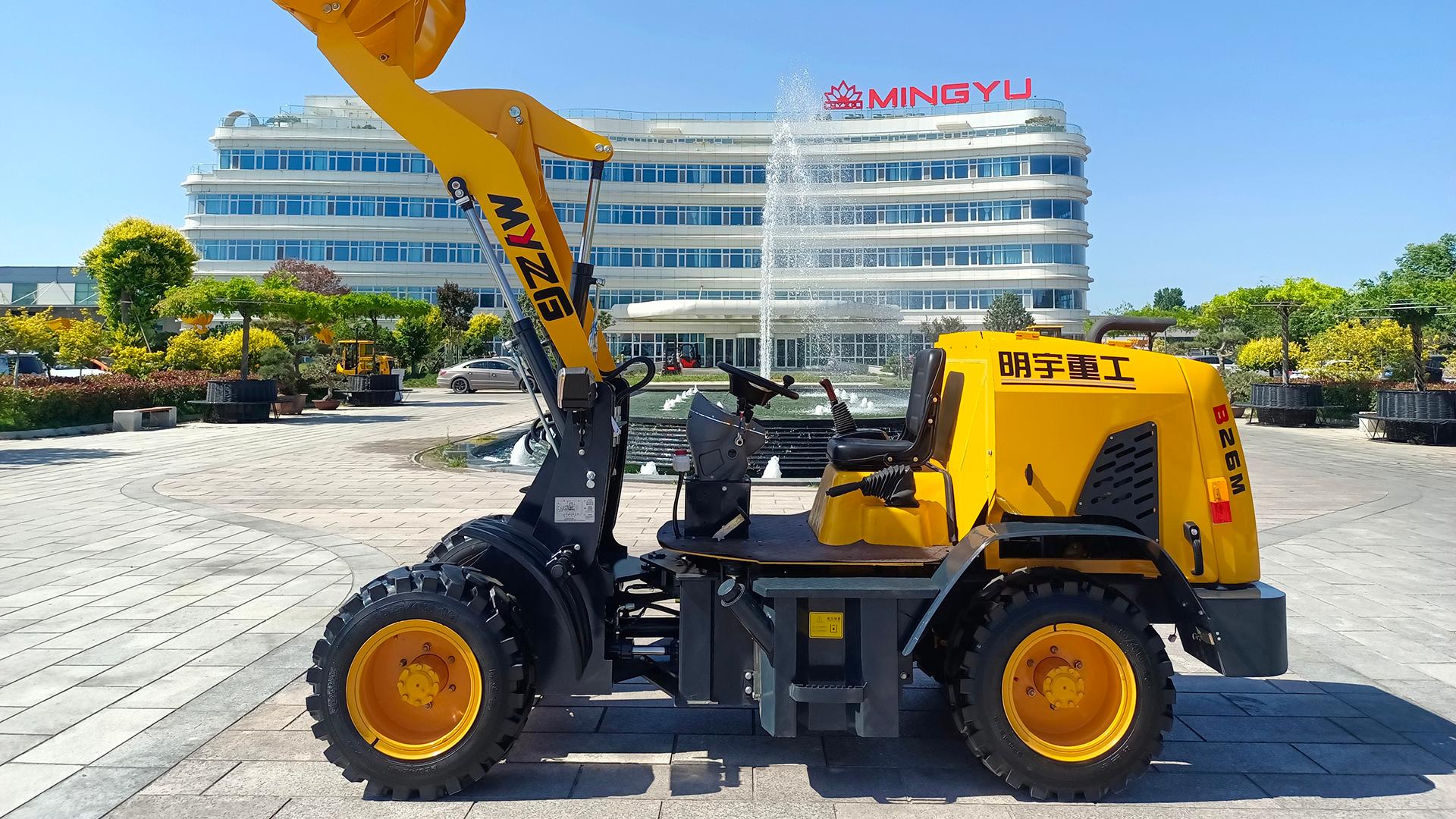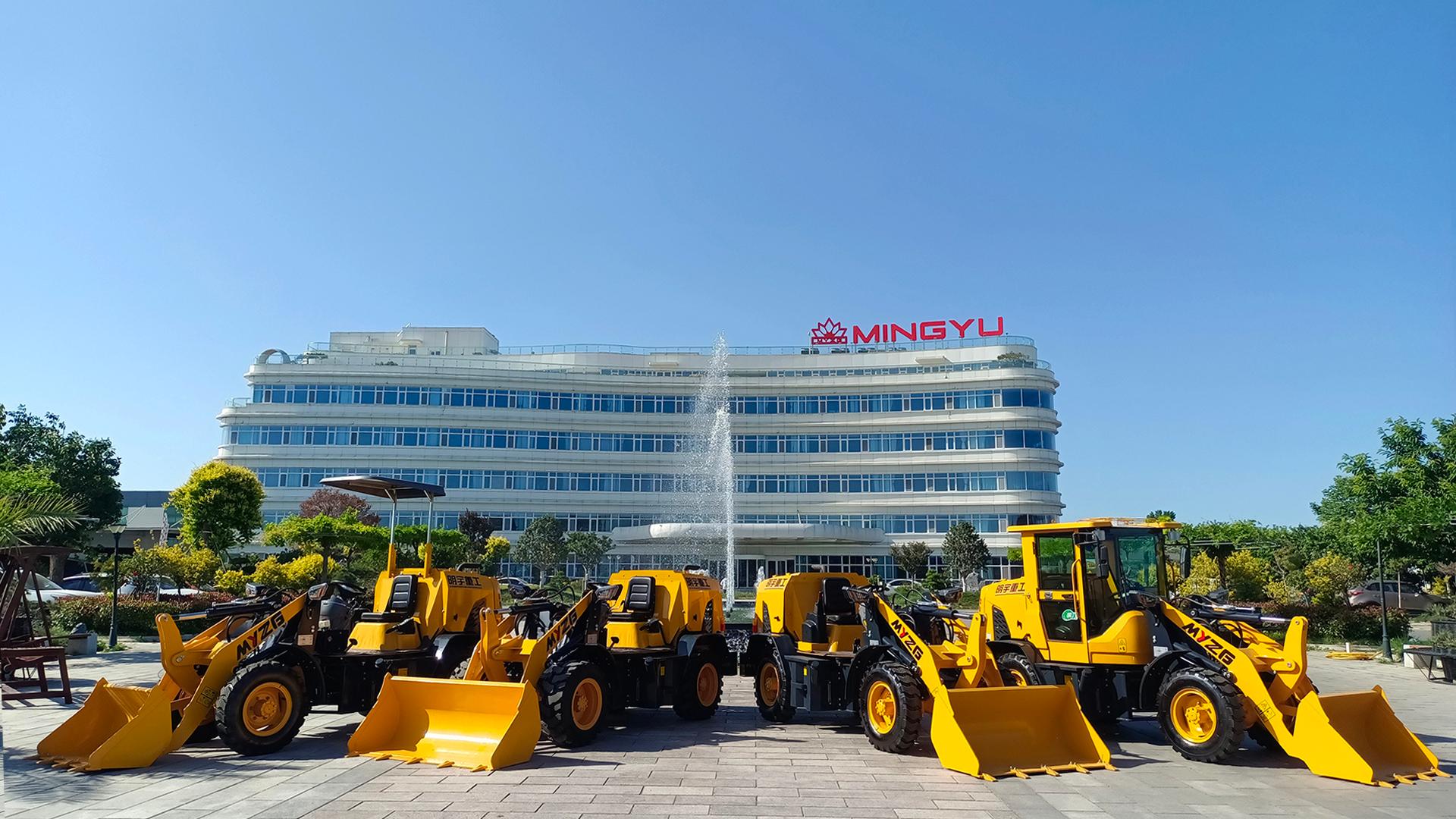Can I Rent a Wheel Loader and What Are the Rental Costs?
I. Introduction
Wheel loaders are versatile heavy equipment machines commonly used in construction, agriculture, mining, and material handling. Their ability to quickly load, transport, and unload materials makes them indispensable for many projects.
Renting heavy equipment like wheel loaders has become increasingly popular due to its flexibility and cost-effectiveness. Whether you need a loader for a short-term project or want to avoid large upfront investments, rental options offer many advantages.
This article explains whether you can rent a wheel loader, the factors influencing rental costs, typical price ranges, and practical tips to get the best deal.
II. Is Renting a Wheel Loader Possible?
Yes, many equipment rental companies offer wheel loaders for rent. These companies provide machines of various sizes and capabilities to suit different needs—from compact loaders for small jobs to large models for heavy-duty tasks.
To rent, you usually need to meet basic requirements such as:
Having a valid driver’s license or heavy equipment operator certification
Providing proof of insurance or purchasing coverage through the rental company
Paying a security deposit or rental guarantee
Rental durations can range from a single day to several months, with flexible contracts based on project timelines.
III. Benefits of Renting a Wheel Loader
Lower upfront costs: Renting avoids the large capital outlay of buying new equipment.
Flexibility: Rent only for as long as needed, which is ideal for short or seasonal projects.
Access to new models: Rental fleets often include modern, well-maintained machines.
No maintenance hassles: Rental companies handle repairs and upkeep.
Avoid depreciation: Renting means you don’t bear the loss of equipment value over time.
IV. What Factors Affect Wheel Loader Rental Costs?
Several factors influence the rental price:
Size and capacity: Larger loaders with higher horsepower and bucket capacity command higher rates.
Rental period: Longer rentals often qualify for discounted daily rates.
Location: Rental costs vary based on regional demand and proximity to rental centers.
Attachments: Inclusion of specialized attachments (e.g., forks, grapples) may increase costs.
Additional fees: Insurance, fuel, delivery, and taxes add to total expenses.
Equipment condition: Newer or premium models typically rent at higher prices.
V. Typical Rental Cost Ranges
Rental costs vary, but general estimates include:
Small wheel loaders: $200–$400 per day, $1,200–$2,000 per week
Medium loaders: $350–$600 per day, $2,000–$3,500 per week
Large loaders: $600–$1,200+ per day, $3,500–$6,000+ per week
Monthly rentals can offer significant savings, often priced at 3–5 times the weekly rate.
Additional costs like delivery (which may range from $100–$500), insurance premiums, and security deposits should be anticipated.
VI. Rental Process: How to Rent a Wheel Loader
Research rental providers: Check availability and fleet options.
Verify requirements: Confirm license, insurance, and deposit needs.
Inspect equipment: Review machine condition before signing contracts.
Negotiate terms: Clarify rental period, fees, and responsibilities.
Sign contract: Understand cancellation policies and penalties.
Arrange delivery or pickup: Coordinate logistics with the rental company.
VII. Alternatives to Renting
Leasing: Longer-term contracts with option to buy.
Purchasing: Buying new or used wheel loaders outright.
Equipment sharing: Collaborative rentals or ownership among businesses.
Rent-to-own: Rental payments contribute toward ownership.
VIII. Real-World Examples and Case Studies
A construction firm rents a medium-sized loader for a 3-month road project, benefiting from flexible rental terms and maintenance services.
An agricultural operation rents compact loaders seasonally for planting and harvest periods.
A company phases out ownership and switches to renting to reduce overhead costs and upgrade equipment regularly.
IX. Tips for Reducing Rental Costs
Plan rentals in advance to secure better rates.
Bundle equipment rentals for discounts.
Rent during off-peak seasons if possible.
Maintain good communication and relationships with rental companies.
Opt for machines that meet but don’t exceed your project requirements.
X. Conclusion
Renting a wheel loader is a practical, cost-effective solution for many businesses, especially those with short-term or fluctuating equipment needs. Understanding rental options, costs, and terms will help you make informed decisions that save money and boost productivity. Always consider your project scope and budget to select the best rental strategy.
Post time:Jul.02.2025



